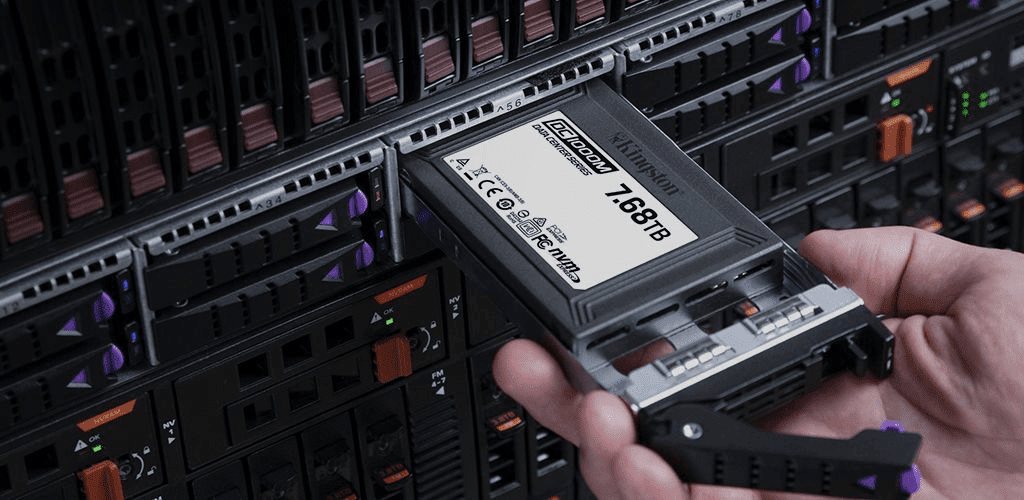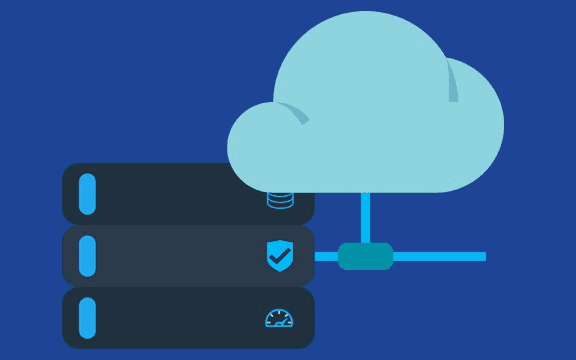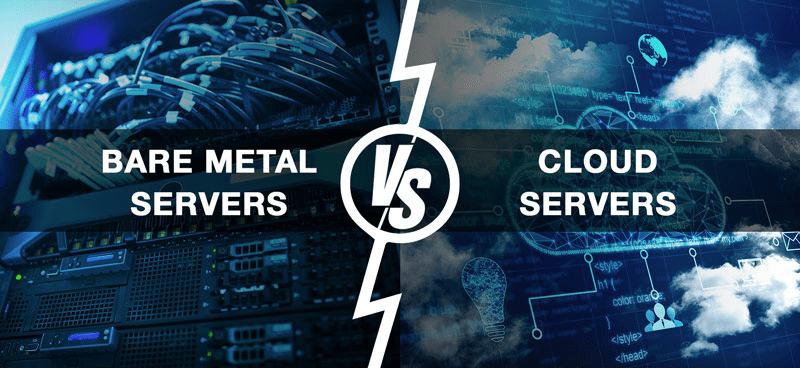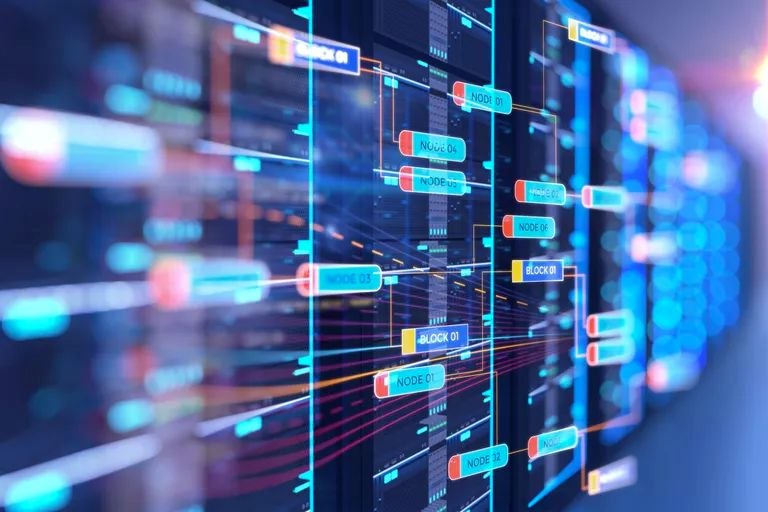5 Ways In Which A Solid State Drive Can Boost Your VPS Server Performance
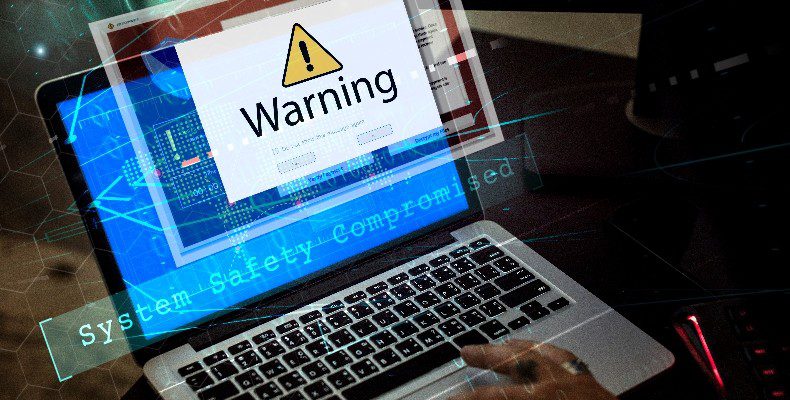
Why Cyber attacks are Skyrocketing and How You Can Protect Your Business From Them
June 2, 2021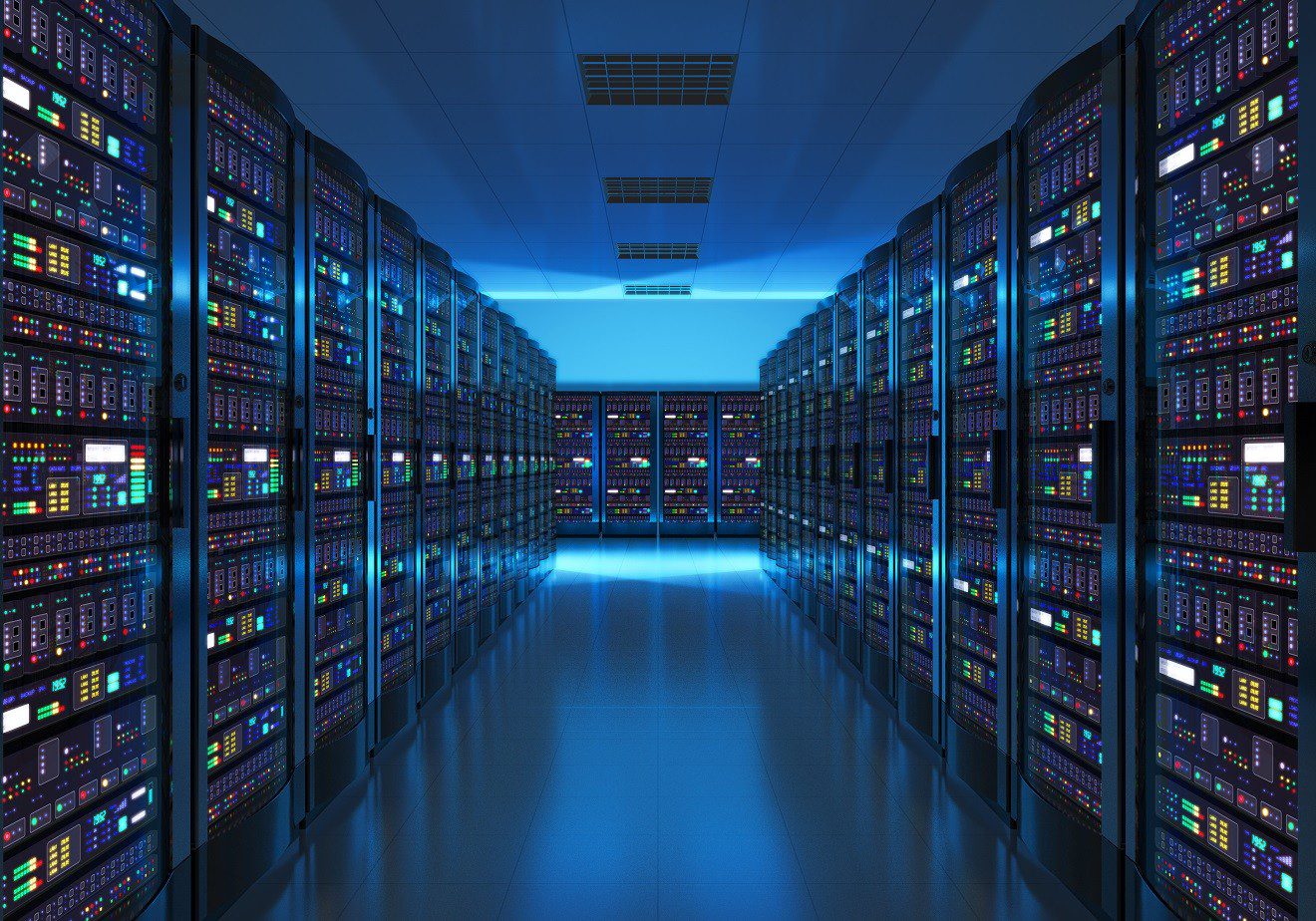
How To Prevent DDoS Attacks?
June 16, 2021You started a new business and set up a website. Since you are just starting out, you decided to opt for a shared server to save some bucks. However, it turned out to be the worst mistake of your career. As your website started attracting more and more visitors, the shared server buckled under the additional load.
Your website loading speed and overall responsiveness start to take a hit and your users now have to contend with a poor user experience. This has forced many users to abandon your website, causing your website’s bounce rate to soar up, while sending your conversion rate to plummet. So, you decided to upgrade to a virtual private server with SSD storage. Will it be enough to solve all your website performance woes? Let’s find out.
In this article, you will learn five ways in which a solid-state drive can enhance your VPS server performance.
5 Ways SSD Storage Can Improve Your VPS Server Performance
Here are five ways in which solid-state drives can give your VPS server a performance boost.
1. Fast Loading Speed
If you have recently migrated from a traditional hard disk drive-based server to a solid-state drive-based server, the first thing you will notice is the speed bump. When you pit SSD and HDD side by side, SSD storage will deliver 10x faster read speeds and 20x faster write speeds. This translates into faster boot-up times and application loading times. Additionally, you will notice a marked difference when copying or transferring files.
Hard disk drives read and write data with an arm from a spinning disk, which is why it takes more time for a hard disk drive to fetch data. This slows down the data retrieval process. On the contrary, solid-state drives do not contain any moving parts, which help them access and retrieve information instantly. This means that if your website is using SSD-based VPS hosting, it will generally load faster as compared to an HDD-based server.
This can have a positive impact on the user experience and overall responsiveness of your website. Search engines like Google also look at user experience signals and consider website speed and page load times as ranking signals. This means that the faster your website loads, the higher it ranks on search engines. As a result, you get more exposure, traffic and conversion.
2. Reliability and Durability
When it comes to reliability and durability, solid-state drives have a clear advantage over hard disk drives. Traditional hard disk drives have too many moving parts inside them, which makes them more vulnerable to crashes and failures. Hard disk drives also heat up pretty quickly.
Since solid-state drives have no moving parts, you don’t have to worry about wear and tear of those moving parts or hardware failure as well as heating issues. Due to this, they are less likely to fail and hence are more reliable and durable as compared to hard disk drives.
3. No Fragmentation
A hard disk drive uses a different mechanism to store data as compared to a solid-state drive. Hard disk drives store data in fragmented locations. In order to retrieve that data, the disk spins and the arm over the disk rests on the fragment containing the required data. Every time you need to access any piece of data on a hard disk drive, this process is repeated. The problem with this approach is that it is time-consuming, which is why traditional hard disk drives deliver slower read and write speeds.
On the flip side, a solid-state drive does not have any data fragmentation. You don’t have to go through a lengthy process to access your data. You can instantly access your data in a solid-state drive as there are no moving parts, spinning disks, or fragmentation. All this translates into faster read and write speeds.
4. Eco-Friendly
As the world focuses on climate change and reducing the carbon footprint, the popularity of greener products has increased drastically. Solid-state drives require less energy to operate as compared to hard disk drives. Unlike a hard disk drive, a solid-state drive lasts longer, thanks to its durability. This means that you don’t have to replace them every few years. This is the reason why they don’t end up in landfill sites and contribute to electronic waste as much as traditional hard disk drives do.
5. Cost-Effective
You might argue that solid-state drives are more expensive than hard disk drives but they also last longer and deliver much better performance. When you consider all these advantages, the higher price seems justified. As solid-state drives become ever more popular, their prices are also coming down. If you divide the cost over a long period of time, you will notice that solid-state drives are more cost-effective than traditional hard disk drives.
Will you upgrade to an SSD-based VPS server? If yes, then check out our powerful SSD-based servers.
